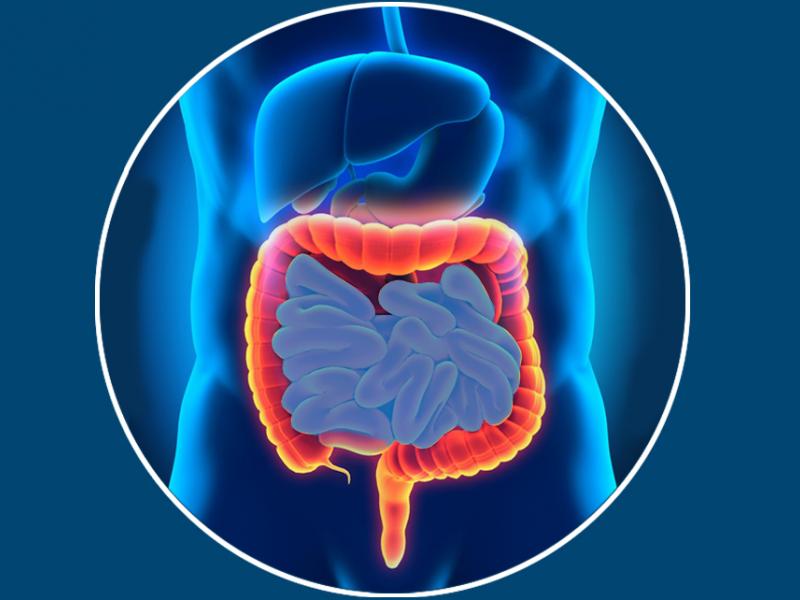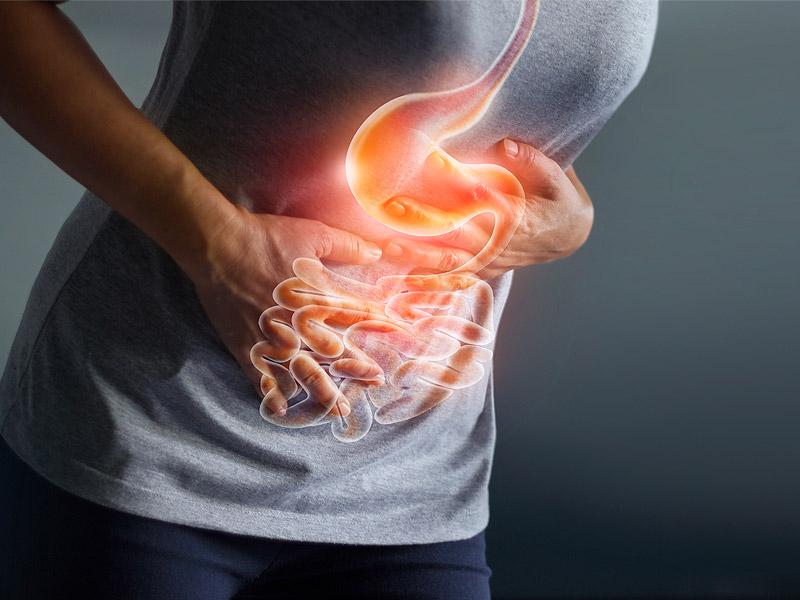Chronic inflammatory bowel disease: What is it?
Inflammatory bowel disease (IBD) is a chronic/recurrent disease that affects the colon or any part of the digestive tract from the mouth to the anus. It is characterized by periods of exacerbation alternating with periods of remission. They are caused by an alteration of the immune system, and the etiology is multifactorial.
Inflammatory bowel diseases (IBD) include
- Crohn's disease (CD).
- Ulcerative colitis (UC).
Diagnosis of IBD
The most appropriate method to diagnose inflammatory bowel disease is to perform a colonoscopy and associated biopsies.
In Crohn's disease, the diagnosis is achieved by:
- An MRI of the abdomen.
- Ultrasound of the intestinal tract.
- If the small intestine is involved, video capsule enteroscopy may be useful.
It is important to know that the earlier the diagnosis, the lower the risk of complications, thus increasing the possibility of fully responding to pharmacological therapies.
Crohn's disease: symptoms and treatment
Crohn's disease usually affects the lower intestine (ileum) and colon, but it can affect the entire gastrointestinal tract, including the mouth and anus.
Symptoms of Crohn's disease
Depending on the location of the disease, symptoms can vary, but generally include:
- Chronic abdominal pain and cramping
- Chronic diarrhea lasting more than 4 weeks.
- Blood in the stool
- Low-grade fever (<38 °C)
- Significant weight loss
- Nausea and vomiting.
- Anemia.
Sometimes many patients are thought to have no symptoms at all. Because of this, Crohn's disease, if not caught early or treated inadequately, can lead to:
- Stenosis (narrowing of the bowel).
- Fistulas (including perianal fistulas).
- Abscess formation.
Treatment of the disease
Cortisone-based medications and immunosuppressants are used to treat Crohn's disease, especially to relieve symptoms.
For example, patients with recurrent fistulas may need to be treated with stem cell drugs.
Severe complications almost always require surgery.
Ulcerative colitis: Symptoms and treatment
Ulcerative colitis (UC) affects the lining of the large intestine, primarily the rectum, and eventually spreads to involve part or all of the colon.
Symptoms of UC
Symptoms may vary depending on the location, but generally include
- Blood in the stool.
- Bloody, mucous diarrhea.
- Low-grade fever (<38 °C).
- Abdominal pain.
- Painful cramping of the anus with a feeling of urgency to defecate.
- Rectal tenesmus.
- Anemia.
Treatment of ulcerative colitis
If not treated properly, over time the inflammation can lead to structural and progressive damage to the colon, as well as irreversible changes in the intestinal cells, with the possible development of precancerous and cancerous lesions (colon cancer).
Drugs used to treat retocolitis hemorrhagic include mesalazine, salazopyrine, and cortisone. Immunosuppressants such as azathioprine and cyclosporine may also be prescribed. For more severe cases, biological medications such as infliximab, adalimumab, golimumab, and vedolizumab may be used.
An ineffective response to treatment may occur in 10-30% of patients, requiring colon removal surgery.
Monitoring Inflammatory Bowel Disease
Monitoring the progression of IBD, even in remission, is fundamental to the treatment pathway. The standard monitoring strategy includes the regular performance of:
- Blood tests.
- Fecal calprotectin assay.
- Intestinal ultrasound.
Repeat colonoscopy with biopsies is also useful when it is necessary to check the response to treatment or to confirm an exacerbation.
For secondary prevention of colon cancer risk, regular chromoendoscopy or endoscopy with a dye capable of highlighting areas of dysplasia and/or neoplasia is very helpful.





